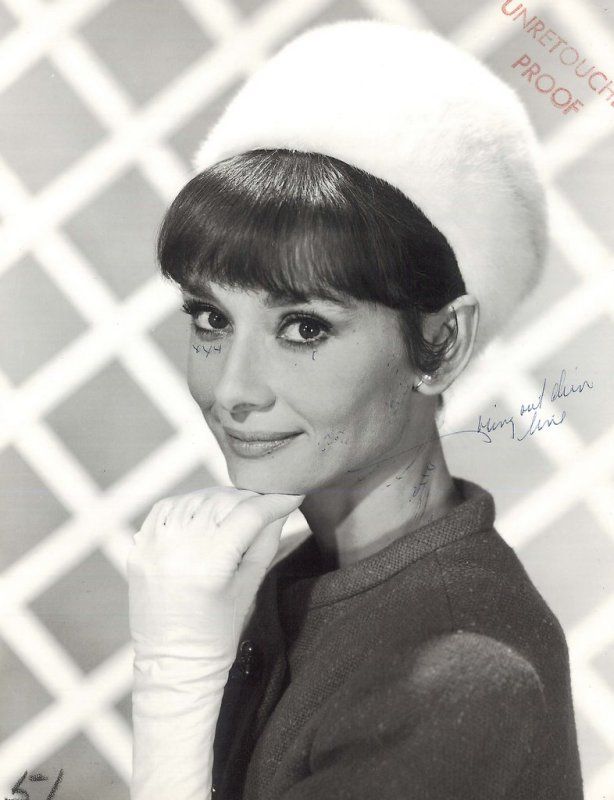Drappa
One Too Many
- Messages
- 1,141
- Location
- Hampshire, UK
Although there is an immense amount of pressure to be ridiculously thin today, I don't think that body policing was absent or not as harsh back then. Shapewear was worn in order to conform to an ideal - different shapewear at different times. I have seen plenty of vintage ads trying to sell medication for slim women to put on weight because "no man wants a woman without curves" and similar ads for weightloss etc. Having very straight hair was unfashionable for most if not all of the Golden Era, so some people froed their hair rather than not conform. Women, and to a lesser extent men, have been subject to this pressure for centuries.
And the further problem is the assumption that all people are supposed to be very slender and well built, and if they aren't there's something intrinsically wrong with them. Thus, eating disorders, body dysmorphia, and all other such things which were, if not unheard of, then much, much rarer in the not-so-distant past. People certainly dieted, wore girdles, etc., but there wasn't the sneering fitter-than-thou pressure you get from some types of people today ("You're just lazy, you could be thin if you *wanted* to be") if you have any kind of a visible pudge.
One of the things you'll notice window-shopping your way thru catalogs from the Era is that different types of clothing were easily available for different body types. You didn't have to be a nineteen-year-old sylph with no hips and no breasts, or a teen-age-boy transvestite, to find something that made you look good, and looked good on you.
Last edited:




